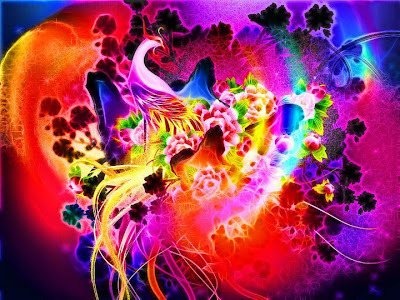
What am I doing? Am I doing this because I am supposed to, or because someone told me to, or because I want to?
How do I feel?
What do I want?
What am I afraid of? What am I protecting myself from?
After we identify what we want or what we are afraid of (I want financial security. I want a relationship. I am afraid of the feelings that come if I don’t have money. I am afraid of being alone and not being liked by people. I am afraid of feeling vulnerable and needy. I want to feel love and comfort.)…
Then feel the ‘I want, or ‘I desire’, and the ‘I fear’ or ‘I am afraid’. Feel the desire and fear. I am afraid of (getting hurt or feeling pain). I want (to be free from pain and unhappiness). Feel it in the body, be aware of the sensations in the body related to the fear and desire.
Then come back to the ‘I’ itself. What is it that is wanting, what is it that is fearing? When you can identify with the essential ‘I’, you realize it is distinct from all of the ego wanting and feeling—it is transcendent of all the feelings and thoughts.
Remain in the awareness that is detached from the feelings and thoughts, but still remain aware of your feelings. Feel it as energy and sensations in the body.
Then remove the last veil, and activate your faith in God, and realize that before your essential ‘I’, exists God, your Creator. Behind it all is the love of God. Then you can have the experience of coming home and being warmed by the love of God, who takes away your fear and desire, since He is the Desire of the world.
Put more simply: 1) Directly perceive through your awareness and intelligence that you desire the pleasures and comforts of the world. Notice how you are desiring those things to which you were conditioned to desire from your childhood—good work, spouse, house, good health, money, possessions, worldly position, power, influence. Directly perceive how you are immersed in a sea of conditioned materialism, and therefore remote from God and the transcendent Kingdom which is sanctified from the joys of this world.
2) With this same awareness and intelligence, remember and perceive the infinite Source, Baha’u’llah, the Word of God. In fact, surrender this awareness to Him, realize that He created it and He created you, and that He is the Ultimate Comforter.


















